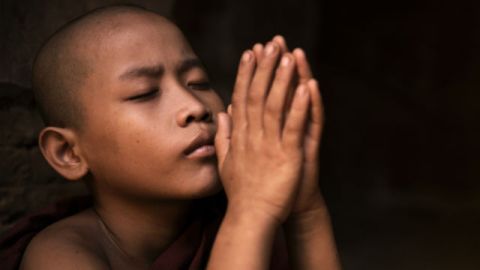Post 3: The State Of Buddhist Violence Now

And now our discussion of Buddhism takes us to Burma.
What had seemed like the warm light at the end of a long, Fascist tunnel for Burma (AKA Myanmar, which is/was its imposed name) is being snuffed out.
The tentatively optimistic situation that the nation has found itself in has been hijacked by a screeching racist, who uses the chauvinistic rhetoric of bigotry and fear to convince followers that the (small to the point of not being credibly threatening) portion of the population who is Muslim represents an existential threat and must be banished or destroyed.
To really drive my point about the ongoing (and historically unexceptional) moral malfeasance of Buddhists, consider the struggle for Tibet, the capital of Marketing Buddhism to Westerners. (I am reminded of a joke. Interviewer: “What will it take for you to stop the occupation of Tibet?” Premier of China: “At least a few more groups of American college students’ making signs.”)
Tibetan Buddhism has experienced worldwide acclaim not only because of the gentle persona of its leader, The Dalai Lama (who will be discussed in a later post), but also because of Tibet’s long occupation by the Chinese. Out of the struggle against that occupation, Westerners have rallied around this nation to try to return it to its pre-occupation freedom. But what did that really look like?
Firstly, the old Tibetan lifestyle was not one of pleasant coexistence, but rather a carrying into the modern age of the tiresome feudalistic, monastic traditions that plagued Europe for so much of the intervening period between classical and modern times.
Yes, there were corrupt religious bureaucrats. Yes, there was hegemonic rule by the hereditary upper class. Yes, there were hypocritically sexually coercive clergymen. Yes, the supposed sanctity of religion was used to treat women as an inferior cobination of sex-toys and baby machines. Yes, there was child-abusive total control of education by opportunistic propagandists. (See above link for citations and details)
I could go on, detailing ongoing abuses and acts of violence in, among other places, Thailand, but I need not. I have presented broad enough proof that Buddhism is down here in the muck with the rest of us.
Not only is it not the case that being Buddhist is an automatic reason to assume that someone is kind, but also, there are places and times when his being Buddhist is a good reason to assume quite the opposite.
Image courtesy of Shutterstock.





